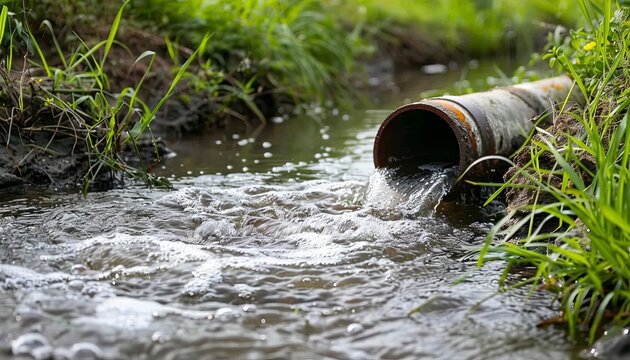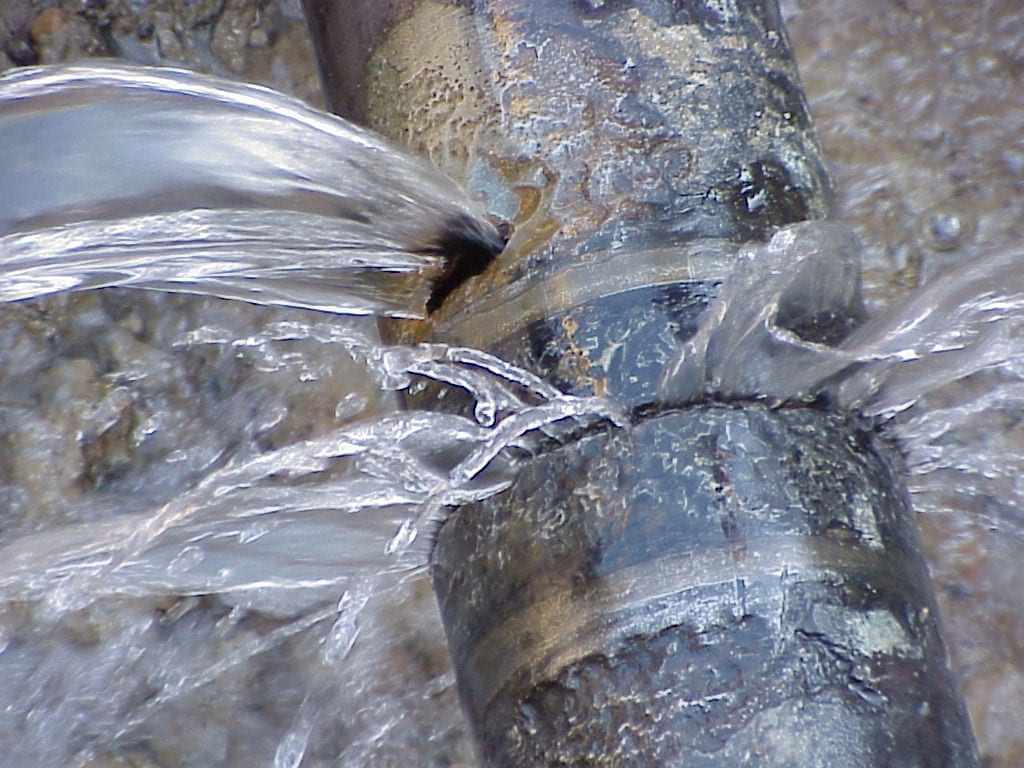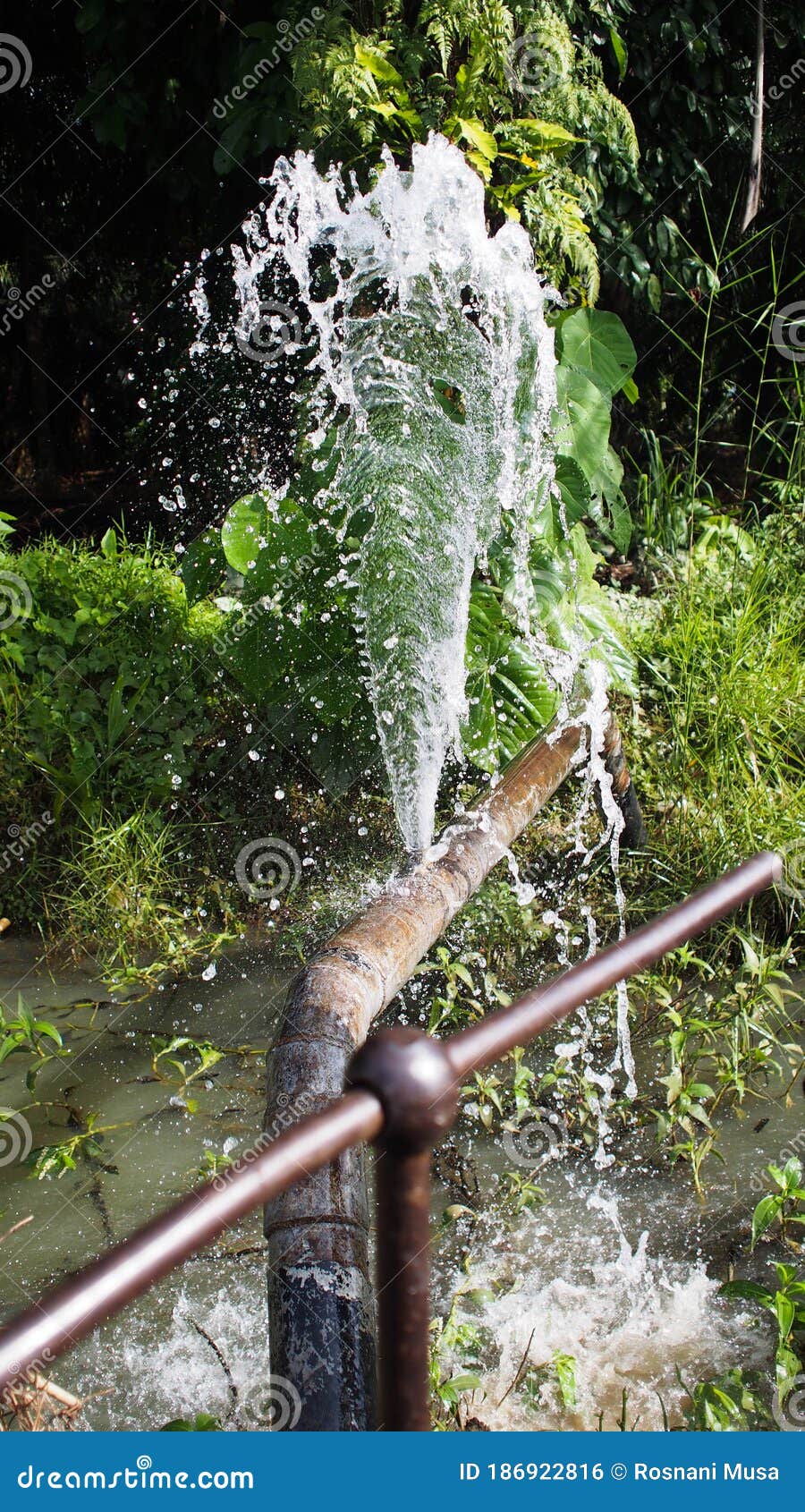Signs of a Burst Pipe: How to Identify and Address the Issue Before It Escalates
Signs of a Burst Pipe: How to Identify and Address the Issue Before It Escalates
Blog Article
Protecting Against Ruptured Pipes: Important Tips to Secure Your Pipes
Preventing burst pipelines is an essential problem for house owners, specifically throughout chillier months when the risk of cold is enhanced. Implementing critical measures such as correct insulation, routine assessments, and preserving regular interior temperatures can substantially decrease the possibility of pipe failing.
Understand Pipe Vulnerabilities
Recognizing pipe susceptabilities is necessary for reliable plumbing upkeep and protecting against expensive damages. Several aspects add to the susceptibility of pipes to ruptureds, including product structure, age, and environmental problems. Older pipes, especially those made from galvanized steel or polybutylene, commonly degrade over time, leading to increased threat of ruptures and leakages.
Temperature level changes can additionally substantially impact pipe honesty. In cooler environments, water caught in pipelines can ice up, exerting and increasing pressure on the pipe wall surfaces, which may ultimately result in a burst. High water stress can strain pipelines, particularly at bends and joints, heightening the probability of failure.

Insulate Piping Effectively
Correct insulation of pipelines is vital for avoiding cold and subsequent bursts during winter (burst pipe). Protecting your pipes system properly safeguards against temperature goes down that can result in pricey damage. Begin by determining prone areas where pipes are subjected to outside temperature levels, such as cellars, attics, and exterior wall surfaces
Use foam pipe insulation sleeves or wrap insulation tape around these areas to give a protective obstacle. Make sure that all areas of the pipes, particularly those with limited warmth exposure, obtain sufficient insulation. Pay special focus to joints and fittings, as these are more at risk to freezing.
When insulating, it's vital to choose materials that fulfill regional building codes and are appropriate for the certain environment. Fiberglass insulation is frequently recommended for its thermal resistance residential properties. Furthermore, consider using warmth cables or tape in severe conditions, which can be connected in to supply supplementary warmth
Consistently inspect insulated pipes for any kind of signs of wear or damages, as compromised insulation can lessen its performance. By taking these proactive actions, you significantly reduce the risk of pipe bursts, ensuring a reliable plumbing system throughout the cold weather.
Maintain Consistent Temperature
A secure interior temperature level is essential for protecting against burst pipes throughout the cold months. When temperatures decline, water within pipes can freeze, expanding and producing stress that might inevitably create the pipelines to ruptured.Using a programmable thermostat can assist handle interior temperature levels efficiently, making certain that rooms with plumbing stay warm also when the house is unoccupied.
This minor circulation of water can protect against freezing by easing stress within the pipes. By carrying out these approaches, homeowners can considerably decrease the risk of pipeline ruptureds and guard their plumbing systems against the extreme wintertime aspects.
On A Regular Basis Examine Pipes
Routine assessments of pipes systems are essential for avoiding ruptured pipelines and keeping overall home stability. Throughout these assessments, it is necessary to analyze visible pipelines for indicators of corrosion, leaks, or use.
Additionally, checking links and joints is essential, as these factors are typically vulnerable to leakages. Property owners ought to additionally examine water stress degrees, as excessive stress can strain the plumbing system and enhance the risk of pipeline bursts.
Consider organizing specialist plumbing evaluations at the very least when a year, specifically before wintertime, to guarantee your system is prepared for cooler temperature levels. By being positive in your method, you can guard your home against the turbulent and pricey consequences of ruptured pipes.
Know Emergency Treatments
Comprehending emergency procedures is crucial for every house owner, specifically after performing routine pipes examinations. Being prepared for a pipes emergency can considerably reduce damages get redirected here and save expenses.
Next, keep necessary tools convenient. A pipes emergency kit need to include a wrench, bettor, and towels, along with a flashlight and a bucket for little leaks. Additionally, take into consideration having the call details for a trusted plumbing easily offered, ought to the scenario intensify past your control.
If you discover a leakage or burst pipeline, instantly switch off the water system and inform your plumbing professional. Moreover, record the damages with photographs for insurance policy objectives. burst pipe. Be aware of the indications of potential pipes concerns, such as unusual water stress changes or damp places on wall surfaces
Ultimately, proactive understanding and quick activity are crucial in managing pipes emergency situations, ensuring your home continues to be safeguarded and decreasing potential damage.

Verdict
Finally, avoiding burst pipes demands a multifaceted strategy that includes understanding pipe susceptabilities, proper insulation, keeping regular interior temperature levels, regular inspections, and understanding of emergency situation procedures. By executing these necessary approaches, the threat of plumbing failings can be substantially decreased, thereby making sure the durability and performance of the pipes system. Proactive steps not just guard against prospective damage however also add to overall water preservation and the security of home.
In cooler climates, water entraped in pipelines can ice up, applying and increasing pressure on the pipe walls, which might ultimately lead to a ruptured. When temperatures decline, water within pipes can freeze, broadening and producing stress that may eventually cause the pipelines to ruptured. By applying these approaches, home owners can considerably lower the threat of pipeline ruptureds and secure their pipes systems versus the rough winter aspects.

Report this page